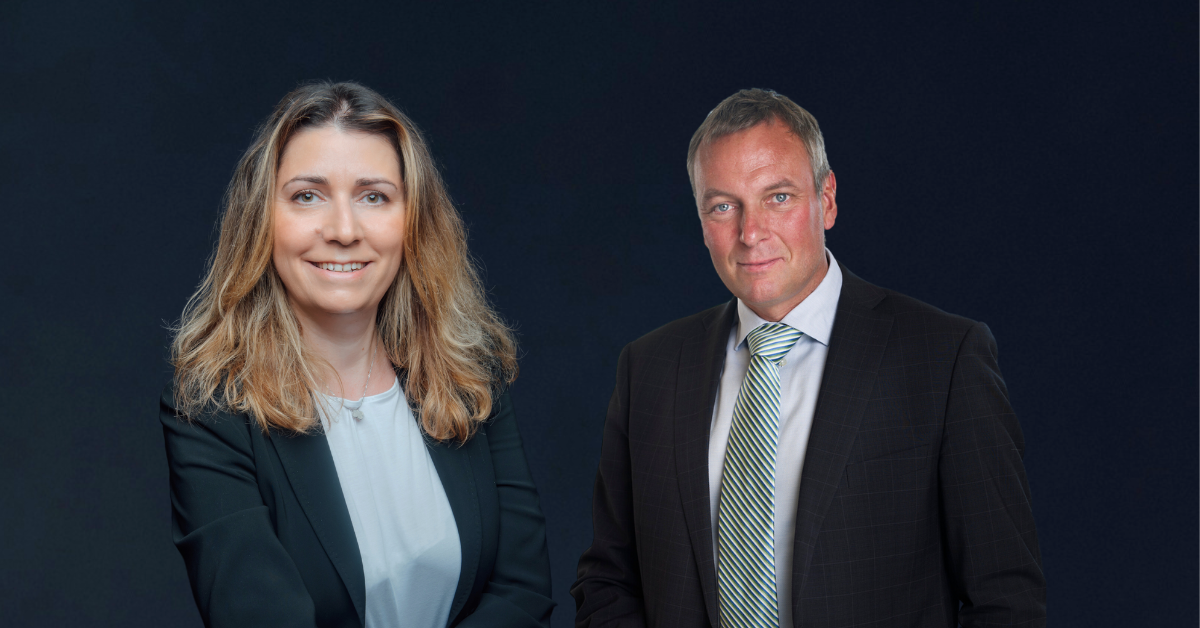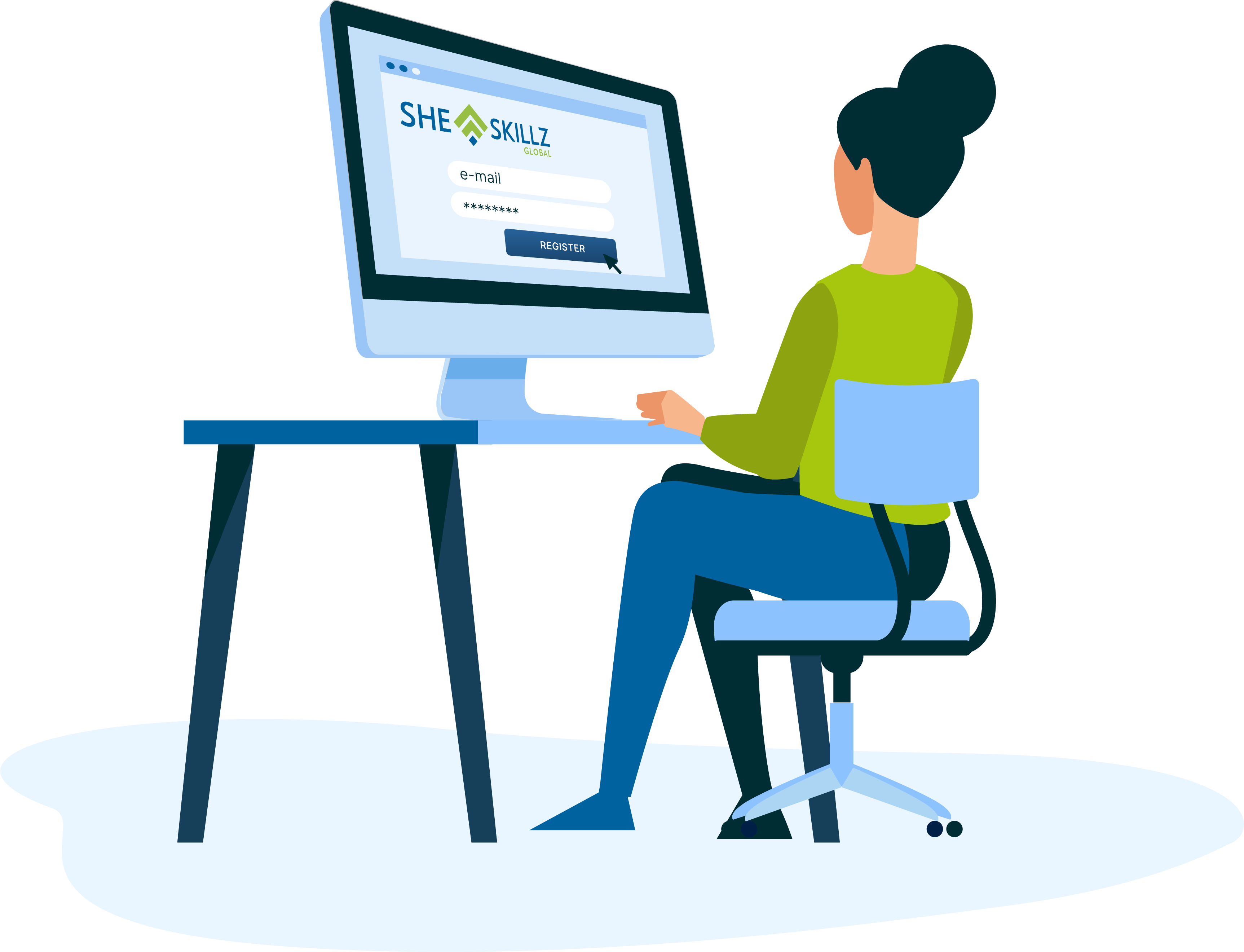When Guro Askheim Johnsen from SHESKILLZGLOBAL was asked to give a lecture at Interimseminaret 2022 with this title, she thought: – How do I talk about something so obvious?
Guro A. Johnsen is the founder and CEO of AG Johnsen AG and Johnsenskillz AG. She is known for daring to speak out where others remain silent and has been a fearless debater for equality in sports. She is the only or one of the few women who has negotiated an agreement between a global company and the International Olympic Committee. On 7th September, she shared her thoughts and experiences at the Interim Seminar 2022, and we have had a closer chat with her.
Text: Knut Skeie Solberg for Interimleder AS Translated to English by Nicola Bellas
How good are we at gender equality in Norway?
Guro A. Johnsen: You would think that we in Norway, who like to think that we are world champions in gender equality, have come further than everyone else. Unfortunately, this is not the case. When I was with the International Biathlon Union earlier this summer, it was embarrassing to be Norwegian. We were the worst in the class on the leadership side in sports compared to other countries when our IBU mentees presented the results of their investigations.
Although we have a piece of legislation that states that at least 40 per cent of board members, in larger boards, must be women, this is not reflected in the top management group, where on average only 26 per cent are women. And this is where the interim managers are recruited from.
Of the 200 largest companies in Norway, 26 of them have no women in management positions. 73 have between 1-24 per cent of women, and only three companies have over 60 per cent women in management. Two of them are in health, and the last one is Volvo.
Why do you think the proportion is so much lower among interim managers?
Johnsen: To take the positive first. Only 10 per cent of the Interim Manager’s database are women, while 23 per cent of the interim managers currently on assignment are women. This means that female interim managers have a higher hit rate on assignments than men. Nevertheless, both Interimleder AS and I should probably have seen that more women signed up as candidates for interim leadership assignments.
Solberg: Why do you think so few women will become interim managers?
Johnsen: I think there are at least four reasons for that.
- Barriers. To become an interim manager, you must have your own company, that you can invoice from. For many women, this is a barrier. In Norway in 2021, only 5 per cent of women aged 18-64 wanted to start their own business. So of the few women who have reached the top in an organisation, only five percent remain who want to have their own business. It is not surprising then that only ten percent become interim managers.
- It was written on a page I found that an interim manager must be a “positively overqualified manager”. Many women drop out there. So, who else but a narcissist would call himself a positively overqualified leader? I know of one across the pond. Most female managers, if they were ever so good, would never call themselves overqualified. When most women read a job ad (including me, who isn’t even looking for a job), she looks for what she can’t do. Most women do not find it as natural to promote themselves, so here one should be more observant of the words one uses, in order to get hold of the women who are actually qualified enough.
- Role models. We all need to see that someone has walked the path before us. This also applies to us women. We need role models in female interim managers who have been successful. These should be highlighted on stage and in marketing materials. Yes, it might take a little more persuasion, but it’s worth it.
- Algorithms. Much has been proven and written about how the AI-driven algorithms in social media treat men and women differently, and that information about economic and career opportunities is withheld from women.
Solberg: How far are we from equality?
Johnsen: According to the World Economic Forum, it will take more then 130 years to achieve equality, unless we do something now. I believe that some of the answers lie in the issues I mentioned, but that we also need an arena where women can highlight their competence on their own terms.
Solberg: At the Interimseminar you told us a bit about the exciting venture you are working on now, SHESKILLZGLOBAL. What kind of platform is it?
Johnsen: SHESKILLZGLOBAL is a platform where companies will soon be able to promote themselves and find female candidates with the abilities and talents they request for their open positions and where women can promote themselves to potential employers. Behind the venture is a team of both strong and competent women and men from more than 13 nationalities in seven different countries. We also have an international mentoring programme, where we are now in the second round.
We are in no way working for a world where women will take over. But we hope that we will not have to wait until the year 2152 before we can say that we have achieved equality. Our motto is: “A world where talent has no gender.” and our goal is 1 million female talents by 2024.
We at Interimleder AS support SHESKILLZGLOBAL to motivate more female candidates to take on interim assignments. Our managing director Vegard Rooth is already involved in SHESKILLZGLOBAL’s mentoring program.
Founder and CEO for SHESKILLZGLOBAL
-
Guro A. Johnsenhttps://www.sheskillzglobal.com/author/guro-johnsen/
-
Guro A. Johnsenhttps://www.sheskillzglobal.com/author/guro-johnsen/
-
Guro A. Johnsenhttps://www.sheskillzglobal.com/author/guro-johnsen/
-
Guro A. Johnsenhttps://www.sheskillzglobal.com/author/guro-johnsen/

















